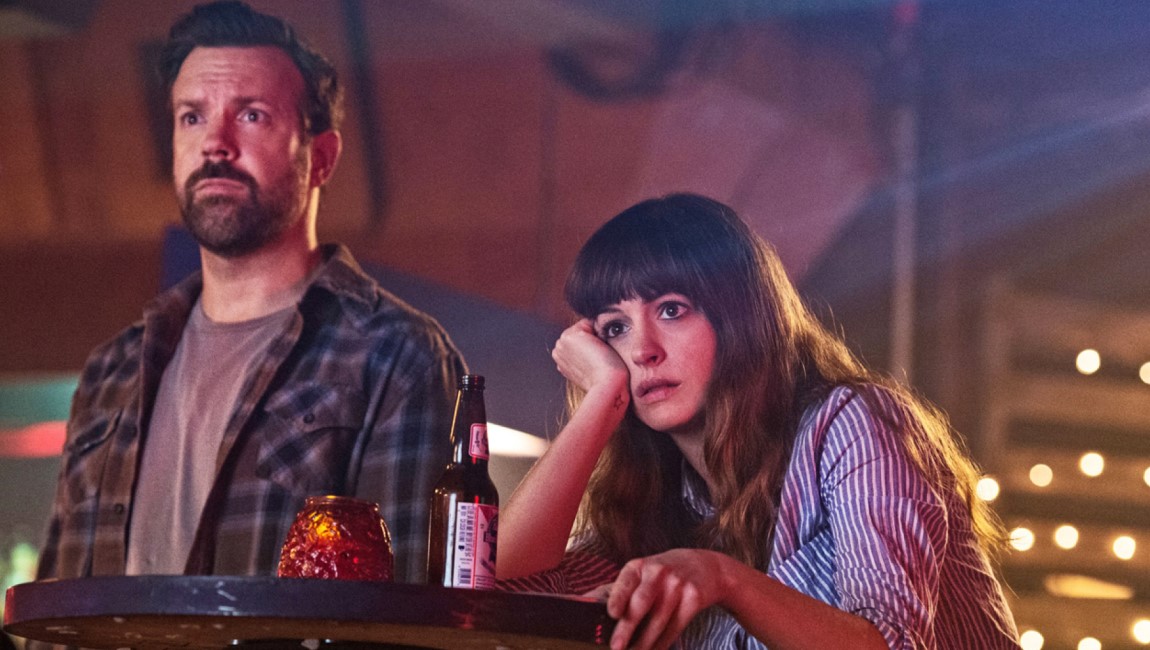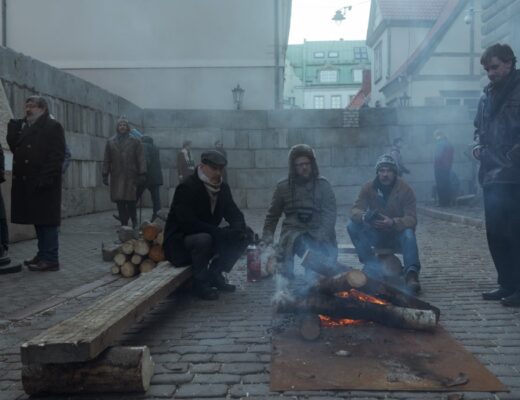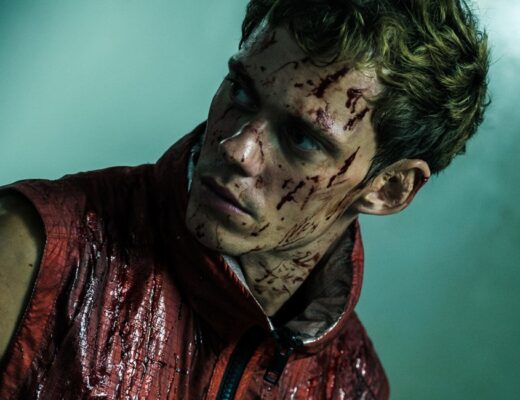John Hyams’ new film Alone is a minor miracle. A terrifically tense thriller pared down to the barest essentials, it is survival horror in the best, most literal sense, following an intrepid woman who tries to escape her homicidal captor, locking us into the victim’s point of view, and becoming a kind of physical, experiential procedural. Hyams made his name with 2012’s Universal Soldier: Day of Reckoning, a blast of cinematic maximalism that fused brutal, bone-crunching action with a heady stew of narrative and formal tricks cribbed from Gaspar Noé, David Lynch, and Phillipe Grandrieux. He spent the rest of the decade mostly spearheading low budget zombie fare for television, experience that has clearly informed his return to genre filmmaking. For Hyams’ Black Summer series, a Netflix acquisition spun off from the larger-scale Z Nation program that ran for five seasons on SyFy, he and his co-directors used long takes and oners less to show off than to save time, using exhaustive rehearsals as a way to reduce the number of setups required on their tight shooting schedule. This economy of means carries over to Alone, infusing the film with an almost primal simplicity. Constructed as a series of individual set pieces, each clearly delineated with a title card, the film eschews psychology and limits exposition to a couple of brief phone calls. Jessica (Jules Willcox) has packed up a U-Haul and is moving north, fleeing some unknown familial trauma. While on the road, she catches the attention of an unnamed man (Marc Menchaca) who is, to put it mildly, creepy. It’s a scenario familiar to many women: an outwardly friendly man, overly polite but also pushy and insistent, tries too hard to force a conversation and refuses to take a hint to back off. His true purpose is quickly revealed when he kidnaps Jessica and locks her in a basement. She manages to escape, and the chase is on.
Apart from a kindly stranger who makes the mistake of trying to help Jessica, Alone is a two-hander, and Willcox is phenomenal in what must have been an emotionally and physically grueling production. She runs through dense forest barefooted, braves rocky terrain and river rapids, is submerged in mud and water, all while constantly mustering hitherto unknown reserves of perseverance. Hyams films things mostly as a series of master shots, allowing actions to play out slowly before cutting to closeups. The result is an effective slow-fast-slow rhythm, a fascinating illustration of how a horror set piece resembles an action scene, just with a different tempo. There are almost no cheap jump scares here, with Hyams instead showing things in the deep background, like headlights on a car or a blurry figure, and watching as they get steadily closer and closer. These choices create a sense of creeping dread, forcing Jessica (and the viewer) to live in the moment as something beyond our control transpires in real time. Through canny blocking and framing, Hyams manipulates perspective to create claustrophobic, almost clinical enclosures. Even the relatively benign forest location takes on a patina of horrific possibilities. Tense and suspenseful, Alone is a stunning film, triumphant in a way that only few genre films can manage. Its catharsis is hard-won and well-earned.
Published as part of Fantasia Fest 2020 — Dispatch 3.







